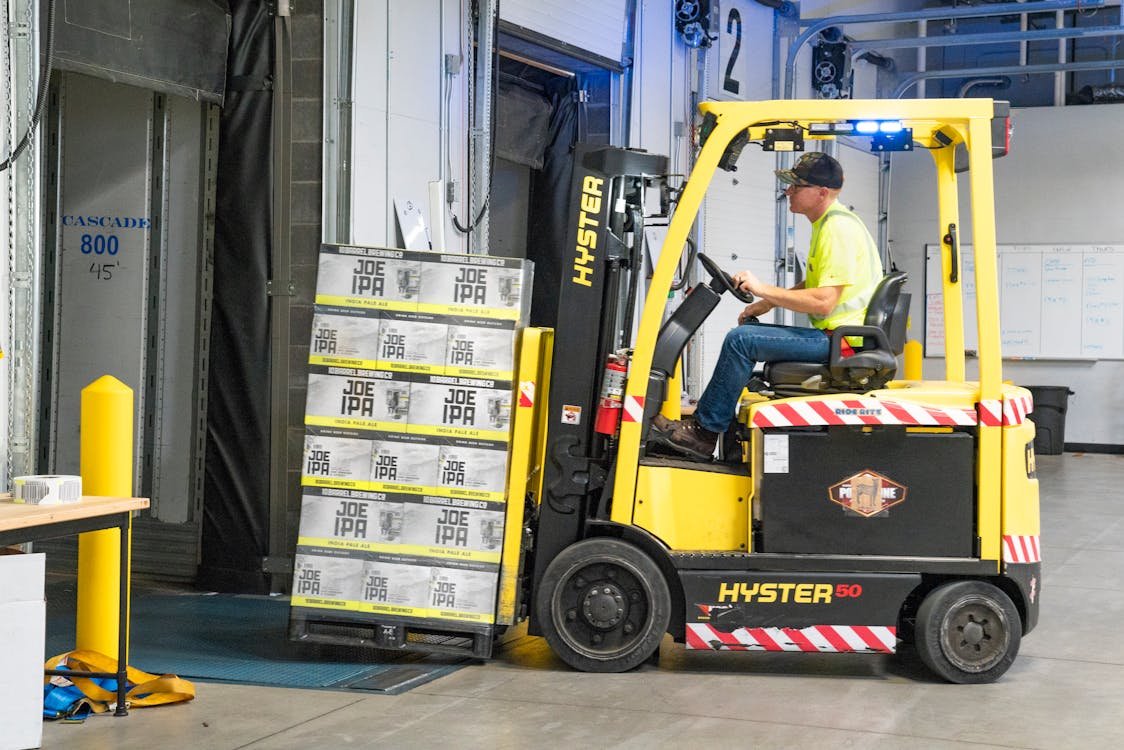Temporary Exhibition Staff
Undoubtedly it is an incredibly important aspect for many modern businesses to have access to dependable, skilled staff to fill temporary or ad-hoc roles within businesses. Particularly within the events industry, this is a problem which recruiters encounter on a regular basis. It is important for businesses which utilise this type of employment to fully comprehend the benefits and potential negatives of temporary exhibition staff representing their company at events. However, Brexit could result in these advantages being considerably affected in the event of a ‘no deal’ Brexit which could be catastrophic for this type of employment.

Provides Flexibility
Small firms must adjust their number of employees in accordance with busy or quieter times. Whether this is due to the company being a seasonal based business which is busier in summer or an office which becomes busier in peak periods throughout the seasonal business calendar. The commitment of full-time employees can be a huge commitment for some businesses, so temporary staff can allow them to respond to changes in demand accordingly as opposed to running at a financial loss for several months of the year. Temporary staff also mitigates the risk of sudden staff turnover changes as they can be easily replaced and it is unlikely that they will be detrimental to the success of the firm.
New Skills
Temporary workers can bring new skills, experience and perspective to job positions. Some employers can undervalue the benefits of freshening up their employees with new personas and ideas for the future growth of the business. If a new contract were to be presented to a firm which required skills out with the capabilities of current employees a temporary worker could be brought in who possessed the desired skills. This is a key benefit for having temporary exhibition staff. For example, if you are running an exhibition at a charity event the quality of staff would be considerably different to the staff you would require at a business event where a company is hoping to gain premium contracts from other businesses.

Saves Money
As opposed to having workers on full time contracts the ability to pay employees at an hourly rate is hugely attractive to firms. No long-term commitments are made by the employer and they only need to pay the employee for the exact hours which they undertake any jobs. However, it is critical that all companies place great importance on ensuring the timescale for the hourly based pay does not have the potential to cost the company more than if they had hired a full-time employee. On occasion, companies can quickly rush into an hourly contract before months later still employing the “temporary” addition to their staff and are being forced to pay him a greater wage than their full-time workers. It is imperative companies fully access the financials of the employment prior to doing so.

James Holloway is a journalist covering European politics, economic developments, and cross-border relations. His work focuses on policy changes, trade agreements, and key events shaping Europe’s future.




